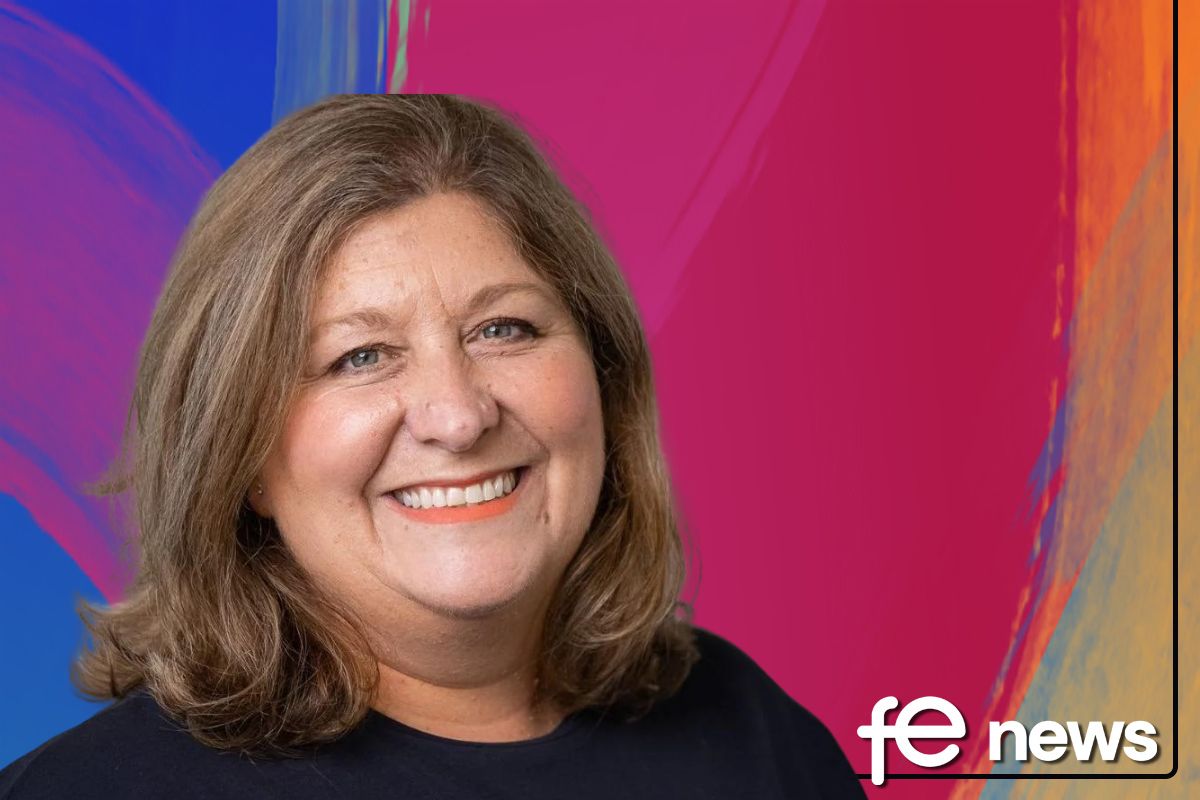What might the future of assessment look like?

Reflections from the Next Generation Assessment Conference
Earlier this year, in partnership with the University of Manchester, HMC, and Rethinking Assessment, Edge hosted the second annual Next Generation Assessment Conference. Following the success of our inaugural event in 2023, this year saw over 200 educationalists and speakers from across the UK gathering to explore the theme ‘Shaping the Future’.
The event launched with a lively keynote speech from former teacher-turned-writer, speaker and broadcaster Jeffrey Boakye. Reflecting on his experiences as an English teacher and in training new teachers, Jeffrey challenged the “essential knowledge” on which we assess students, asking: “Who is to say what is the best that has been thought and said?”
He highlighted the anxiety felt by many teachers about being assessed and judged on teaching observations and learner performance. With assessment often framed in terms of its impact on learners – less so educators – this was an interesting starting point. From the word go, teachers’ needs often go unmet, impacting their ability to become the best educators. Even the word ‘assessment’ becomes an entry point to conversations about how ‘good’ someone is, and that is a conversation few would choose to have.
Assessment should be an opportunity, not a test
The core issue is that assessment is seen as a test when it should be seen as an opportunity. Ideally, we should design assessments around an individual learner’s interests, needs, identities and experiences. To illustrate, Jeffrey shared an anecdote from his time as an English teacher. One of his pupils disliked English and was disruptive in class. He was also undiagnosed dyslexic at the time. However, Jeffrey’s insecurities as a time- and system-pressured teacher resulted in him unfairly assessing the student’s capabilities, leading to a verbal run-in.
Later, aiming to rectify his mistake, Jeffrey redesigned the English unit around this student’s interests, like YouTube, music, and debate. The resulting evaluation criteria were perfectly tailored to the learner’s skills and needs, leading him – and his classmates – to flourish. By personalising assessment and playing to the student’s strengths, evaluation became something transformative and inspiring rather than an anxiety-inducing process that benchmarked the learner against an arbitrary one-size-fits-all framework.
Our education system, not students, needs evaluation
Launched in the 1980s, the national curriculum states that education’s purpose is to teach “essential knowledge” and “the best that has been thought and said.” But who is to decide what that is? This decades-old premise lacks nuance and does not reflect the needs of the modern world. Adopting a narrow view of “essential knowledge” also overlooks many crucial traits humans need to flourish in the 21st century – things like empathy and practical life skills.
The result is that rather than measuring what we value, we value what we measure – an axiom no less potent for its popularity within discussions about education. In short, according to Jeffrey Boakye, standardised assessment prioritises the wrong things. Our education model is geared towards getting a job, making money, and upholding a capitalist system – missing many opportunities for creativity, self-improvement and personal development. It is the system that needs evaluation, not the individuals within it.
Assessment as a collective endeavour
Part of the problem, Jeffrey argued, is that we believe assessment happens in isolation. The national curriculum suggests it is individualistic. We tell learners: Your piece of paper will open doors, make you money and off you go. But our current exam system is based on a bell curve. We do not assess individuals – we assess people in comparison to their cohort. In some years, this means everyone is a little below average, while a few get top marks. Another year, the worst result might have been a top grade the year before. But someone always fails. This is where the myth of individual assessment falls down.
Additionally, the current system wrongly implies that we can make firm evaluations of each learner’s skills and knowledge based on an objective truth. Indeed, most of us take certain ‘truths’ about the world around us for granted. Colonialism, white supremacy, patriarchy, geopolitical events – these things shape what we accept as right and true. Starting from this point, Jeffrey argued, it becomes less controversial to interrogate and challenge what we believe is ‘best’.
In reality, he argued, assessment is about community. The world becomes far richer and more empathetic when we adopt a multifaceted point of view. Reframing assessment as a collective journey tailored to the diverse strengths and perspectives within communities, therefore, becomes deeply powerful and transformative.
Creating opportunities for personal growth
Jeffrey’s big-picture view reasserted the common belief that our current approach to assessment is broken. But he also debunked the myth that assessment affects individual learners. Rather, it begins with teachers. To be the best educators, teachers need opportunities to creatively express themselves through their lessons, resources, and in myriad other ways. They also need opportunities to prove themselves through meaningful work and positive interactions. But, at present, most teachers are dragged down by the system’s demands. This doesn’t lead to fulfilled educators. Without fulfilled teachers, how can we hope to design and deliver innovative curriculums that will meet learners’ unique needs and experiences?
By reframing assessment as a tool for teacher empowerment and collective growth, Jeffrey Boakye urged a fundamental reconsideration of our education system’s purpose and design. It is not just about testing learners – it is about preparing them to contribute meaningfully to society. Only by placing creativity, identity and human needs at the heart of assessment design can we fairly evaluate learners on the unique skills and strengths that define them – a nuance that is undoubtedly missing from our current, flawed approach.
To watch the main panel discussions click here
Susan Higgins is Director of Communications at the Edge Foundation











Responses